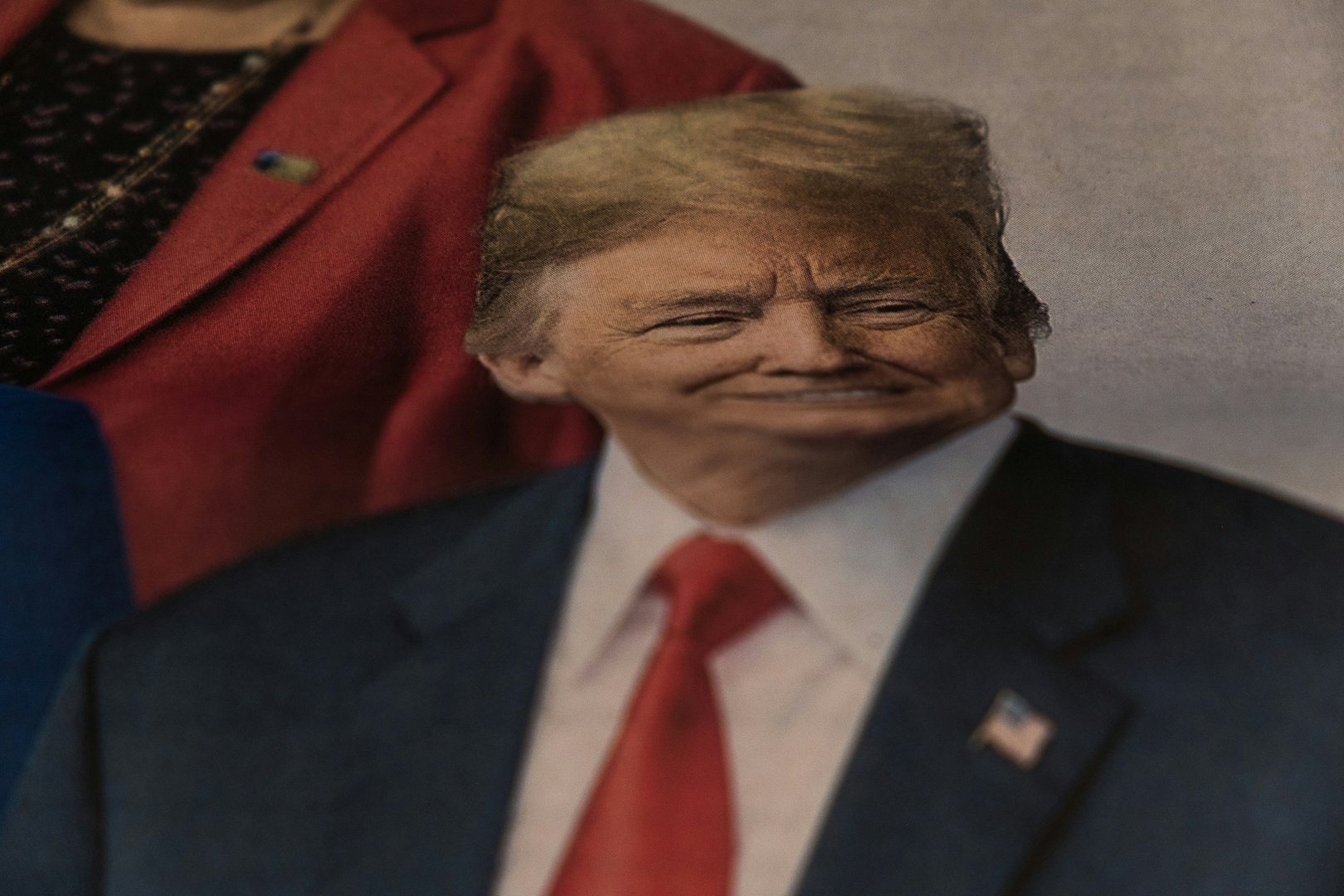A radical policy change aims to reshape global AI chip distribution and bolster American innovation.
The Trump administration’s new AI chip policy signals a significant departure from previous export controls, reshaping the tech landscape.
Shifting Sands of AI Policy
The recent announcement from the Trump administration regarding AI chip policy marks a pivotal shift in the global technology arena. The decision to dismantle the Biden administration’s complex three-tier regulatory framework is set to take effect on May 15, 2025. This new direction seeks to redefine how advanced computing technologies interact within global markets. The Biden administration’s Framework for Artificial Intelligence Diffusion, introduced during its final days in office, aimed to create a stratified technology landscape. According to the Commerce Department, the current administration views this approach as fundamentally flawed. “The Biden AI rule is overly complex, overly bureaucratic, and would stymie American innovation,” stated a Commerce Department spokeswoman, as reported by Reuters. The intent moving forward is clear: to simplify regulations that promote American innovation and ensure technological dominance.
Understanding the Three-Tier System
The soon-to-be-eliminated Biden rule established a hierarchical structure for global technology access. Under this framework, 17 countries, including Taiwan, were granted unlimited access to advanced AI chips. A second tier of approximately 120 countries faced strict numerical caps on imports, while the final tier—comprising China, Russia, Iran, and North Korea—would have been wholly denied access. This structured approach was designed to prevent sensitive technologies from reaching adversarial nations via intermediaries while allowing access to allies and neutral countries. Critics, however, voiced concerns that the complexity of the system would introduce significant compliance burdens, potentially driving international partners towards alternative suppliers.
The New Approach Taking Shape
In stark contrast to the tiered system, sources reveal that the Trump administration is contemplating a global licensing regime supported by inter-governmental agreements. This flexible approach could maintain control over sensitive technology while fostering commercial interests. Timing appears to play a crucial role in this announcement, especially as President Trump prepares for a trip to the Middle East, where countries like Saudi Arabia and the UAE have expressed frustrations over existing AI chip restrictions. A decision from the Commerce Department could arrive as soon as Thursday, according to insiders.
Market Reaction and Industry Impact
The financial markets have already begun to react to this policy shift. Following the announcement, shares of Nvidia, a leader in AI chip manufacturing, rose by 3% on May 7, though they fell 0.7% in after-hours trading. Nvidia’s CEO, Jensen Huang, has been vocal in his opposition to the increasing number of US restrictions, arguing that American companies should capitalize on the Chinese market, which he predicts will reach a valuation of $50 billion for AI chips within a few years. It is essential to note that the Trump AI chip policy does not imply a complete abandonment of export controls. The administration has demonstrated its readiness to take decisive action against China, exemplified by the ban on selling Nvidia’s H20 chip to the region, which incurred significant financial losses for the company.
Global Winners and Losers
The implications of this policy reversal create a complex landscape of potential winners and losers in global technology. Countries like India and Malaysia, previously unaffected by chip restrictions, will experience temporary relief. This could significantly benefit Oracle Corporation, which is planning a substantial data center expansion that would have exceeded the limits set by the Biden framework. Middle Eastern nations, particularly the UAE and Saudi Arabia, are likely to negotiate more favorable terms in light of the new policy. Trump has shown interest in easing restrictions for the UAE specifically, with potential announcements regarding a government-to-government AI chip agreement during his upcoming visit to the region.
Uncertainty Ahead
As the Trump administration develops a new control scheme, uncertainty looms over firms like Nvidia regarding the regulatory environment. While a new framework is being formulated, the administration has indicated that existing chip export controls will continue to be enforced. Reports suggest a future focus on imposing controls on countries that have redirected chips to China, including Malaysia and Thailand. Industry stakeholders remain divided; while chip manufacturers have lobbied against strict export controls, AI companies like Anthropic advocate for maintaining protections to safeguard US intellectual property.
Balancing Competing Priorities
The Biden administration’s export controls were carefully crafted to restrict access to essential chips for cutting-edge AI development, particularly aimed at preventing Chinese firms from leveraging indirect routes to acquire technology. Crafting a balanced approach that addresses national security concerns while promoting US commercial interests presents considerable challenges. Establishing agreements with numerous countries eager to procure advanced AI chips requires navigating complex diplomatic relationships and potentially creating multiple policy frameworks. The Commerce Department has not set a specific timeline for finalizing or implementing any new rules, indicating that discussions on the optimal approach are ongoing. As the Trump administration works towards a replacement framework, the global AI chip market remains in flux, with significant implications for technological advancement, international relations, and corporate strategies in the evolving landscape of artificial intelligence.


